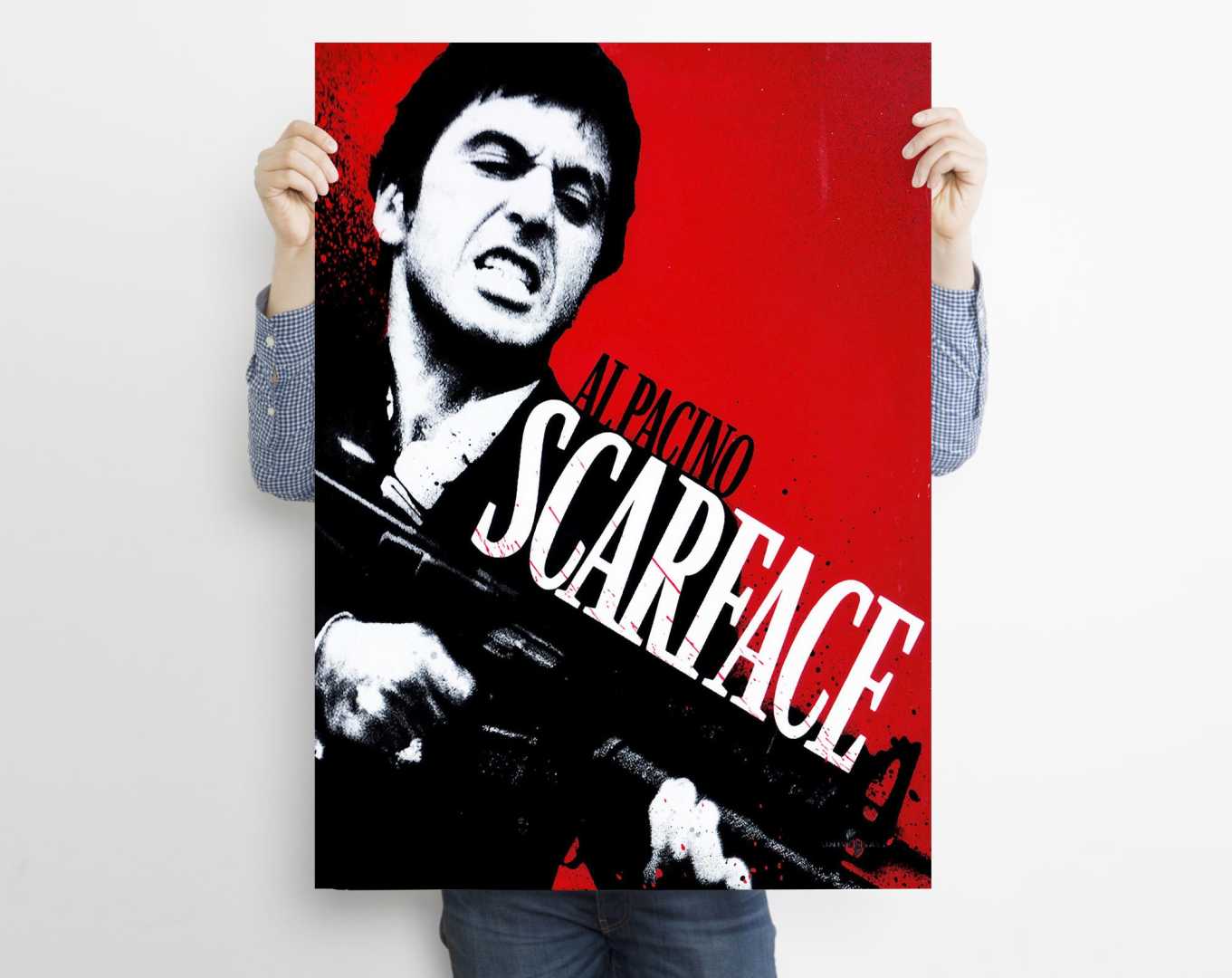Entertainment
De Niro’s Influence Shaped Pacino’s Scarface Vision

London, UK — Al Pacino and Robert De Niro have enjoyed a friendship stretching back to the late 1960s. Their bond, which has weathered decades in Hollywood, began long before either actor became a household name. The two frequently support each other in their careers, sharing the screen in films like the iconic 1995 thriller, Heat.
Pacino’s desire to remake the classic gangster film Scarface was heavily influenced by this camaraderie. After viewing Howard Hawks‘ original version about mobster Al Capone, Pacino felt inspired to take on the lead role himself, propelled by a career featuring legendary films such as The Godfather series, Serpico, and Dog Day Afternoon. By the mid-1980s, he was a major player in the industry, capable of swaying studio decisions.
In an interview with The New York Times, De Niro discussed how he may have nudged Pacino and producer Martin Bregman towards hiring director Brian De Palma for Scarface. “I worked with De Palma in our younger days on The Wedding Party. Then Greetings and Hi, Mom!. Brian always got a kick out of whatever we tried as actors,” De Niro said, reflecting on the early collaborations that defined his career.
Despite years apart, De Niro remembered De Palma as the perfect candidate to helm Scarface. He advised Pacino, “I hope you do it with De Palma.” At that time, De Palma had just enjoyed significant successes with films such as Carrie and Dressed to Kill, establishing his reputation for creating intricate narratives centered around crime and chaos.
Initially, acclaimed director Sidney Lumet was set to direct Scarface, but differences in creative direction led De Palma to assume the role. Oliver Stone was also tasked with writing the screenplay, crafting a version of Scarface that diverged significantly from the original film.
The new Scarface, released in 1983, tells the epic story of Tony Montana’s meteoric rise and tragic fall in the world of drug trafficking. Stone’s script provided a grandiose perspective, highlighting issues such as excess and the costs of greed, while portraying the brutal realities of the drug trade. However, the film’s portrayal of women has sparked substantial debate among critics over the years.
Today, Scarface stands as one of De Palma’s hallmark films, and its existence can be traced back to De Niro’s subtle yet significant guidance. The film is now hailed as a cornerstone of the gangster genre, recognized for its ruthless violence and rich thematic depth.












